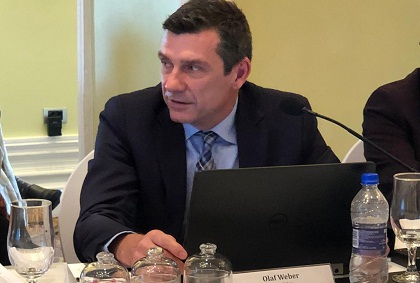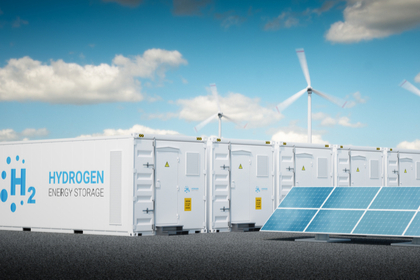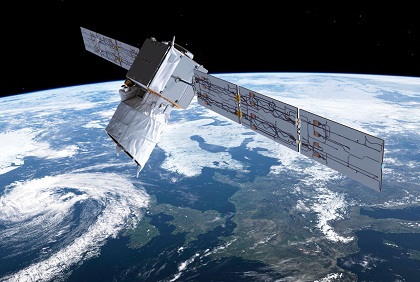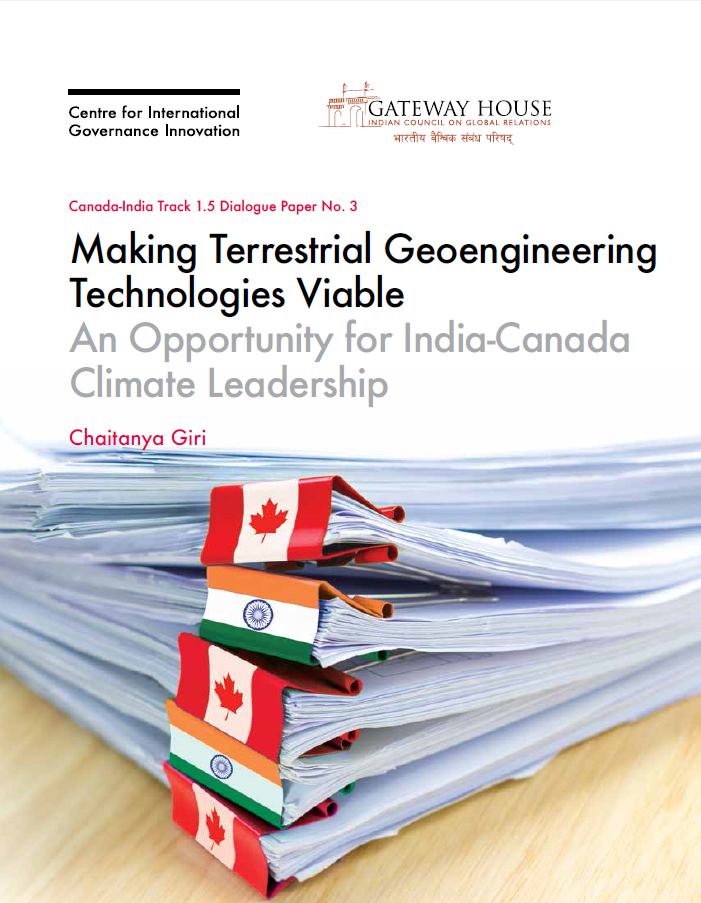Green technologies’ win-win possibilities
Olaf Weber, Senior Fellow, Centre for International Governance Innovation (CIGI), University of Waterloo Research Chair in Sustainable Finance, one of the participants in the India-Canada Track 1.5 Dialogue, on how green finance and economic development are not contradictory any more





